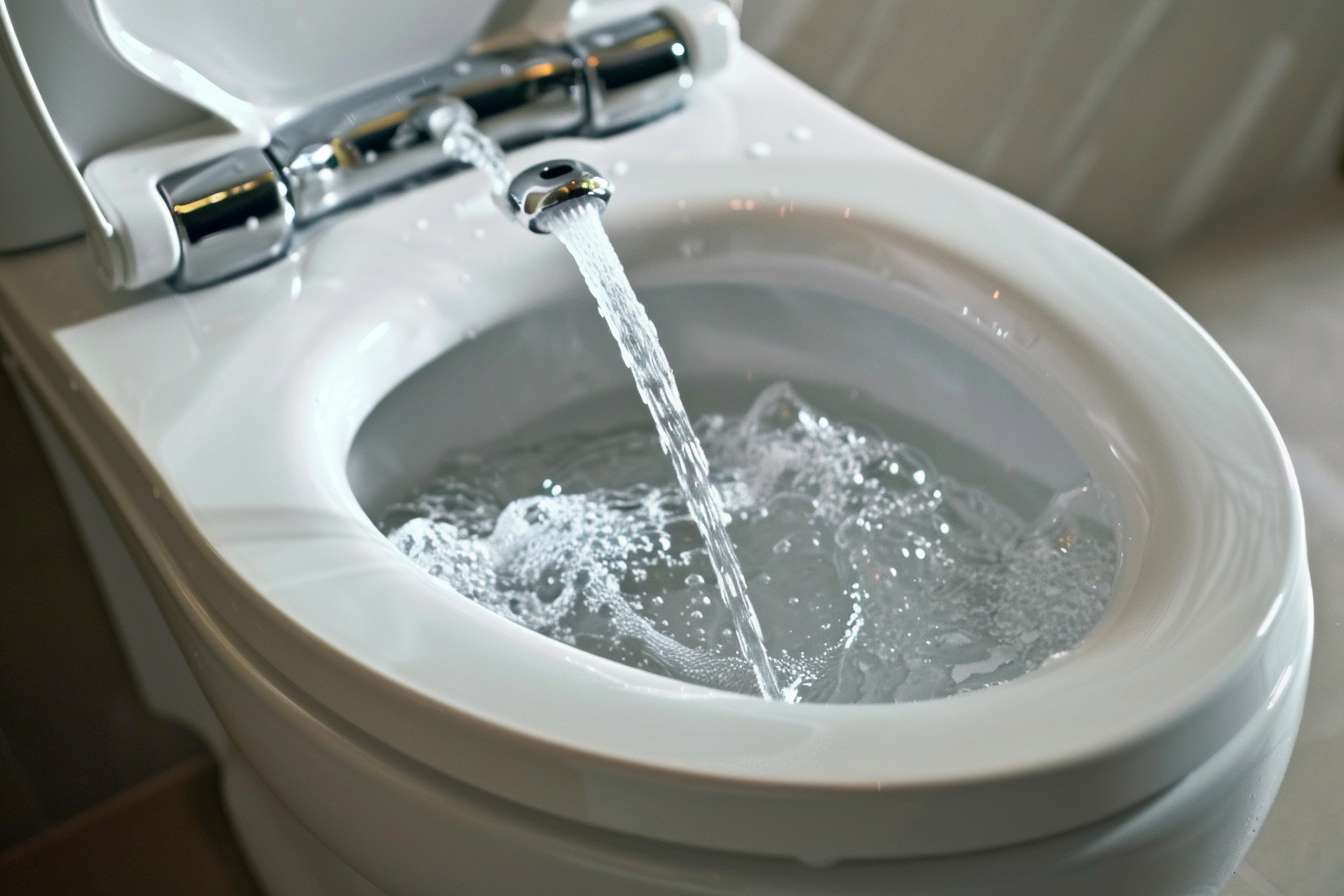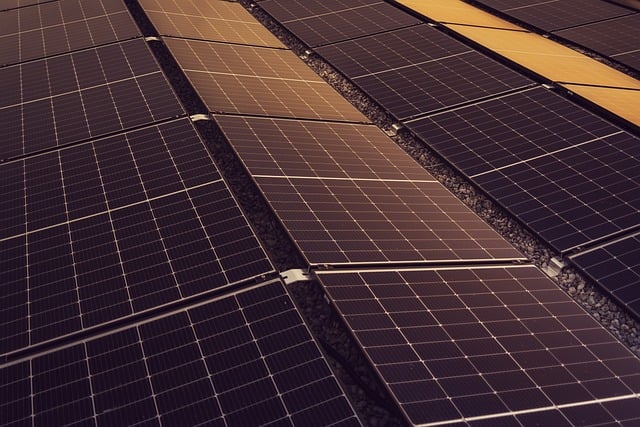Read Tips for Portable Restroom Rentals
Planning an event requires attention to many details, including proper sanitation facilities. Portable restroom rentals provide essential amenities for outdoor gatherings, construction sites, and special events. Understanding the key considerations before booking can ensure you select the right units, place them strategically, and provide a comfortable experience for all attendees.

Organizing an event or managing a construction site comes with countless logistical challenges, and proper sanitation facilities rank high among the priorities. Portable restroom rentals offer practical solutions for providing necessary facilities in locations without permanent bathroom access. Whether you’re planning a wedding, festival, construction project, or community event, selecting the right portable restrooms requires careful consideration of several factors. This guide offers essential tips to help you navigate the rental process effectively and ensure your guests or workers have comfortable, clean facilities.
Understand Key Features for Your Different Needs
When renting portable restrooms, it’s crucial to match the features with your specific requirements. Standard units typically include a toilet, urinal, toilet paper holder, and hand sanitizer dispenser. However, depending on your event type and attendee expectations, you might need enhanced options.
For upscale events like weddings or corporate gatherings, luxury restroom trailers offer amenities similar to permanent facilities, including flushing toilets, running water sinks, climate control, and interior lighting. Construction sites might require units with handwashing stations to meet safety regulations. For multi-day events, consider units with solar lighting for nighttime use and larger waste tanks to reduce servicing frequency.
Accessibility is another important consideration. ADA-compliant units feature wider doors, grab bars, and sufficient interior space to accommodate wheelchairs. These specialized units ensure all guests can access sanitation facilities comfortably.
Discover Optimal Placement Strategies
Strategic placement of portable restrooms significantly impacts user experience and logistical efficiency. As a general guideline, position units within 150 feet of main activity areas while maintaining enough distance to provide privacy and minimize odor concerns.
For larger venues, distribute units throughout the space rather than grouping them in one location. This reduces wait times and prevents congestion. Place restrooms on flat, stable ground to prevent tipping and ensure doors open and close properly. Consider natural wind patterns when determining placement—positioning units downwind from food areas and main gathering spaces helps minimize potential odor issues.
Accessibility pathways are equally important. Ensure clear, well-lit paths to restroom areas, especially for nighttime events. For construction sites, place units near work areas but away from hazardous zones and equipment paths. If your event spans multiple days, position units where service trucks can easily access them for cleaning and maintenance.
Explore Service Options for Various Events
Different events require tailored service arrangements for portable restroom rentals. For single-day events lasting less than eight hours, a standard delivery and pickup service usually suffices. However, multi-day events or high-traffic situations call for regular servicing to maintain cleanliness and functionality.
Wedding planners often opt for premium service packages that include attendants who maintain facilities throughout the event. Construction projects typically require weekly or twice-weekly servicing, depending on crew size and usage. Festivals and large public events benefit from daily servicing, especially during hot weather when odors develop more quickly.
When discussing service options with rental companies, inquire about emergency response protocols for unexpected issues like leaks or capacity problems. Reputable providers offer on-call service technicians who can address urgent situations. Additionally, consider supplemental services like handwashing stations, sanitizer dispensers, and regular restocking of supplies for enhanced hygiene.
Ensure Comfort and Convenience for Guests
Guest comfort should be a priority when renting portable restrooms. Beyond basic functionality, several amenities can significantly improve the user experience. Hand sanitizing stations positioned at restroom entrances and exits promote hygiene and reduce disease transmission. During hot weather, consider units with ventilation systems or air conditioning to prevent uncomfortable interior temperatures.
Lighting is essential for events extending into evening hours. While some premium units include interior lighting, standard units may require external illumination. Solar-powered pathway lights can guide guests to facilities after dark, enhancing safety and convenience.
For extended events, arrange for regular supply replenishment of toilet paper, hand towels, and sanitizer. Some rental companies offer attendant services to maintain cleanliness throughout your event. Adding comfort touches like air fresheners, hand lotion, or even flower arrangements in premium units can elevate the experience for guests, particularly at upscale events.
Plan Effectively for a Successful Rental Experience
Successful portable restroom rental requires careful planning and accurate estimation of needs. Industry standards suggest one regular unit per 100 guests for events lasting up to four hours, with additional units needed as duration increases. For construction sites, OSHA guidelines recommend one toilet for every 20 workers for a 40-hour workweek.
Timing is critical when securing rentals. Book units at least 4-6 weeks in advance for standard events, and 2-3 months ahead for peak season events (summer weekends, holidays) or when requiring specialty units. Most rental agreements include delivery fees, so confirm the total cost upfront, including any potential overtime charges if your event runs longer than planned.
Weather contingencies should factor into your planning. During hot weather, more frequent servicing may be necessary. For rainy conditions, request units with non-slip flooring and consider adding temporary flooring or gravel around the units to prevent muddy conditions. Winter events may require heated units in colder climates.
Portable Restroom Rental Cost Considerations
Understanding the cost structure helps with budgeting appropriately for portable restroom rentals. Prices vary significantly based on unit type, rental duration, and location.
| Unit Type | Average Daily Cost | Average Weekly Cost | Features |
|---|---|---|---|
| Standard Unit | $75-$150 | $175-$250 | Basic toilet, urinal, hand sanitizer |
| Deluxe Unit | $125-$225 | $300-$450 | Flushing toilet, sink, mirror, lighting |
| ADA-Compliant | $150-$250 | $350-$500 | Wheelchair accessible, grab bars, larger interior |
| Restroom Trailer | $500-$1,500 | $1,500-$4,000 | Multiple stalls, running water, climate control |
| Handwashing Station | $50-$100 | $125-$200 | Stand-alone unit with fresh water tank |
Prices, rates, or cost estimates mentioned in this article are based on the latest available information but may change over time. Independent research is advised before making financial decisions.
Additional factors affecting cost include delivery distance, service frequency, and event duration. Most companies charge delivery and pickup fees ranging from $50-$150 depending on location. For multi-day events, regular servicing adds approximately $50-$75 per unit per service. Some companies offer volume discounts for large orders, potentially reducing per-unit costs by 10-20%.
Seasonal demand also influences pricing, with peak season rentals (summer months) typically commanding premium rates. Holiday weekends may incur surcharges of 15-25% above standard rates. Requesting last-minute rentals often results in expedited delivery fees of $75-$150 above standard rates, emphasizing the importance of advance planning.
Portable restroom rentals play a crucial role in event planning and worksite management. By understanding key features, optimal placement strategies, service options, comfort considerations, and effective planning techniques, you can ensure that this essential aspect of your event or project runs smoothly. Proper planning not only provides necessary facilities for your guests or workers but also contributes significantly to the overall experience and success of your event.


